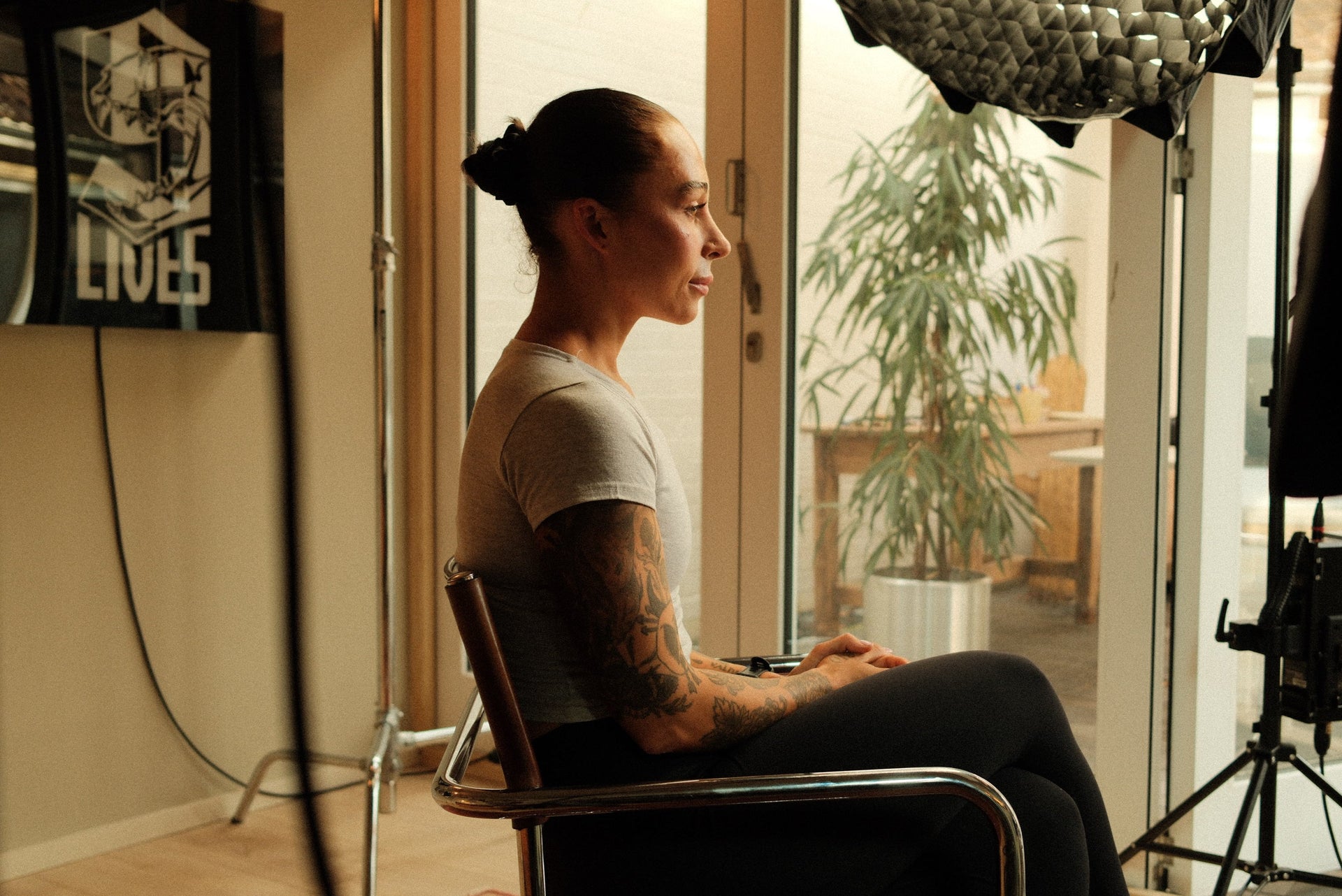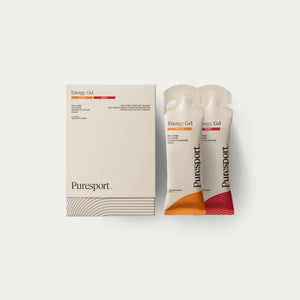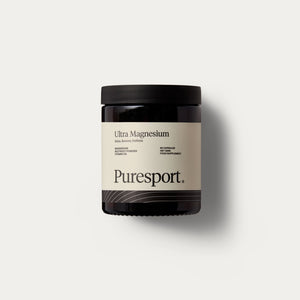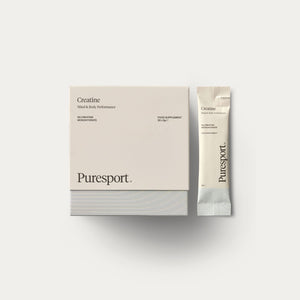While many supplements are meant to be consumed, some supplements will work better when you apply them topically. Jojoba oil is well known for its use in topicals like creams and even in shampoo. In this guide, we’ll take a closer look at it, including jojoba oil benefits for skin and jojoba oil benefits for hair.
What is Jojoba?
Jojoba oil is produced by the jojoba plant, which is also known as simmondsia chinensis. This shrub can be found in northwest Mexico, southern California, and Southern Arizona. One of the interesting things about this oil is that it is actually closer to a wax in its formulation.
While jojoba oil looks and feels like an oil, it is made up of wax ester as well as long-chain fatty acid mono-esters. This is one of the reasons why jojoba is able to last for so long without any stabilising agents, unlike most oils which will begin to go rancid if not stored properly.
Along with its ability to be stored for long periods of time, jojoba oil can also withstand extremely high temperatures, much like other waxes. While jojoba was traditionally used by Native Americans, the plants only started being domesticated for production during the 1970s.
Jojoba Oil Benefits
Is Jojoba Oil Good for Skin?
Jojoba oil for skin offers a wide range of benefits, including its ability to help stop drying skin conditions from damaging your skin. Because of jojoba’s anti-inflammatory properties, applying it to an area can help reduce the amount of itching and flaking that you experience because of these conditions.
The best conditions to treat with jojoba are eczema and psoriasis because they are naturally inflammatory conditions. However, jojoba oil may also be able to help with temporary rashes and flaking.
If you’ve recently gone out into the sun and forgotten your sunscreen, jojoba oil can also help your skin recover from sunburn because it adds moisture and vitamin E to the underlying skin.
Is Jojoba Oil Good for Hair?
There are a few good reasons to use jojoba oil for hair, including the fact that it acts like a natural moisturiser. It is often added to conditioner because it is able to help protect against split ends, breakage, and otherwise damaged hair. Along with moisturising your hair, jojoba can also moisturise your scalp to prevent dandruff.
Other than that, jojoba also contains a range of different vitamins and nutrients that are beneficial for your hair, including vitamin B, vitamin C, vitamin E, zinc, and copper. Anecdotal evidence also suggests that jojoba oil may be able to help prevent hair loss by keeping hair follicles moisturised.
Jojoba Oil for Face
This ingredient is also often used on the face because of some of the reasons that we mentioned above. As an anti-inflammatory, jojoba oil can help you with facial inflammation and skin conditions that are caused by inflammation, but there’s also mounting evidence that jojoba oil has anti-ageing effects.
Jojoba oil has been shown to have antioxidant properties, which means that it can sweep up free radicals that would cause oxidative stress, which is a key factor in ageing. This means that jojoba oil can help reduce the prevalence of fine lines and wrinkles on your face as you get older.
Jojoba Oil for Acne
Jojoba oil’s other properties are pretty promising when it comes to maintaining your skin’s health, but a common question is whether or not this oil can also help its users deal with acne. This is largely due to the oil’s anti-microbial and anti-inflammatory properties, both of which are crucial in treating acne.
A clinical study has shown that jojoba oil can indeed help prevent the spread of acne. The scientists concluded that jojoba oil could be used to help control milder breakouts and it could also help the skin heal after a breakout has taken place.
Jojoba Oil for Beard
Jojoba oil is an excellent choice of oil for beard maintenance for many of the same reasons that we mentioned when we were talking about hair. Its moisturising properties make it a perfect choice of product to apply to any kind of hair, regardless of whether it’s beard hair or hair on your head.
As we mentioned, the moisturization will also spread to the underlying skin, which is often more important than moisturising the beard itself if you want to grow a full and healthy beard. Further moisturisation can help promote blood flow to the hair follicles so that your beard comes in more consistently.
How to Use Jojoba Oil
Using jojoba oil is relatively simple. Once you’ve decided on where you wish to apply it, put a little bit between your two hands and gently rub it into either your skin or your hair. Make sure that it’s evenly distributed for the best effect.







